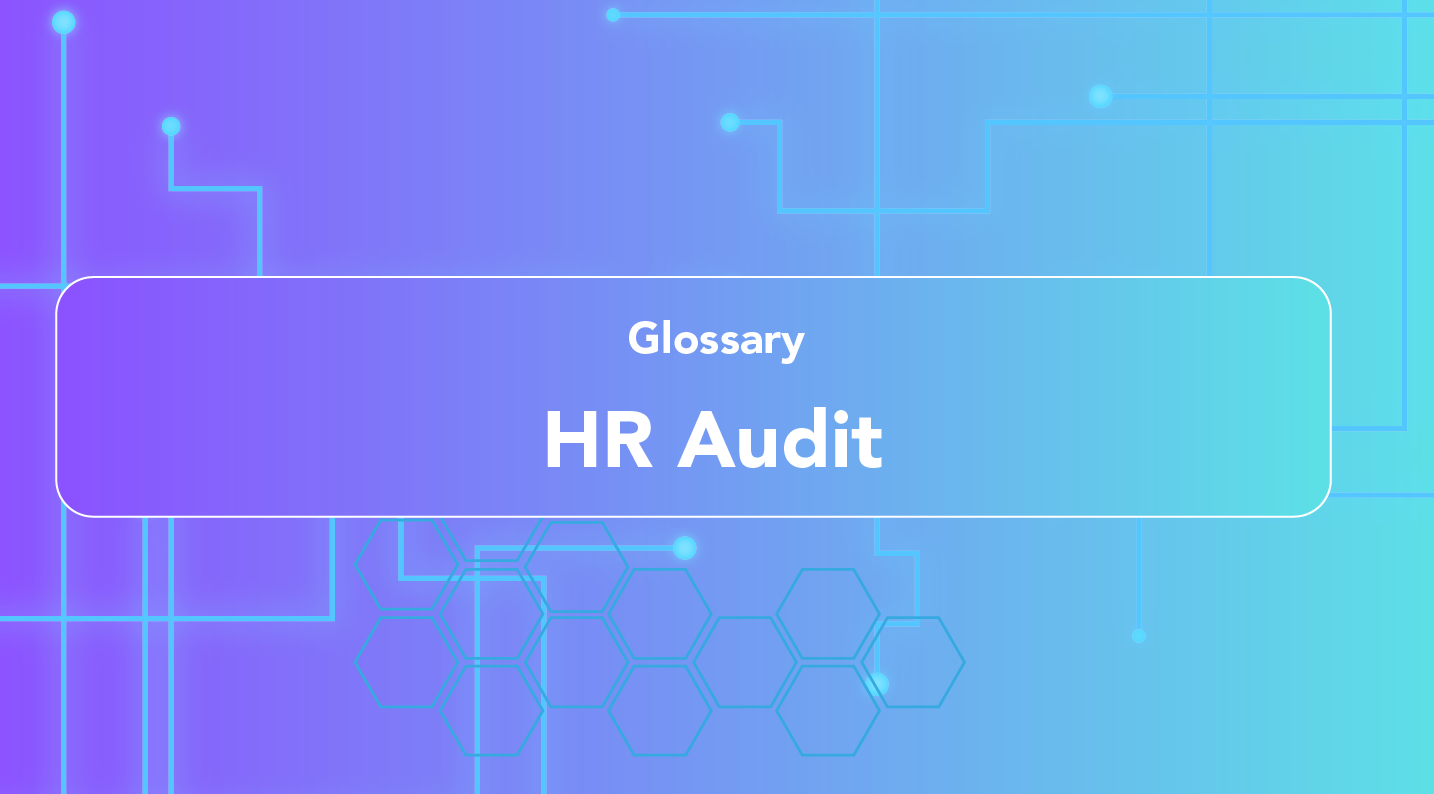- glossary
An HR Audit is a systematic process of reviewing an organization’s Human Resource policies, procedures, documentation, and systems to assess their effectiveness, compliance with regulations, and alignment with business objectives. The audit helps identify gaps in HR practices, potential legal risks, and areas of improvement to enhance overall employee management and organizational performance.
Key Components of HR Audit
-
Compliance review: Ensuring HR practices comply with local, state, and federal employment laws.
-
Performance evaluation: Assessing the efficiency and effectiveness of HR functions such as recruitment, employee engagement, and retention.
-
Risk assessment: Identifying potential risks related to employee management, such as labor law violations or workplace safety concerns.
Frequently Asked Questions:
-
How is an HR Audit conducted in an organization?
HR professionals or external auditors review key HR processes, policies, and documentation. The audit typically covers areas like recruitment, employee records, compensation, benefits, and legal compliance. -
What are the benefits of an HR Audit?
An HR Audit helps organizations ensure legal compliance, improve the efficiency of HR processes, enhance employee satisfaction, and identify risks that could result in costly legal disputes. -
What challenges are commonly faced during an HR Audit?
Challenges include gathering accurate data, ensuring up-to-date documentation, and addressing sensitive areas like employee relations. Additionally, it can be resource-intensive if not properly planned.

.png?width=50&height=50&name=Team%20HONO%20logo-01%20(1).png)



